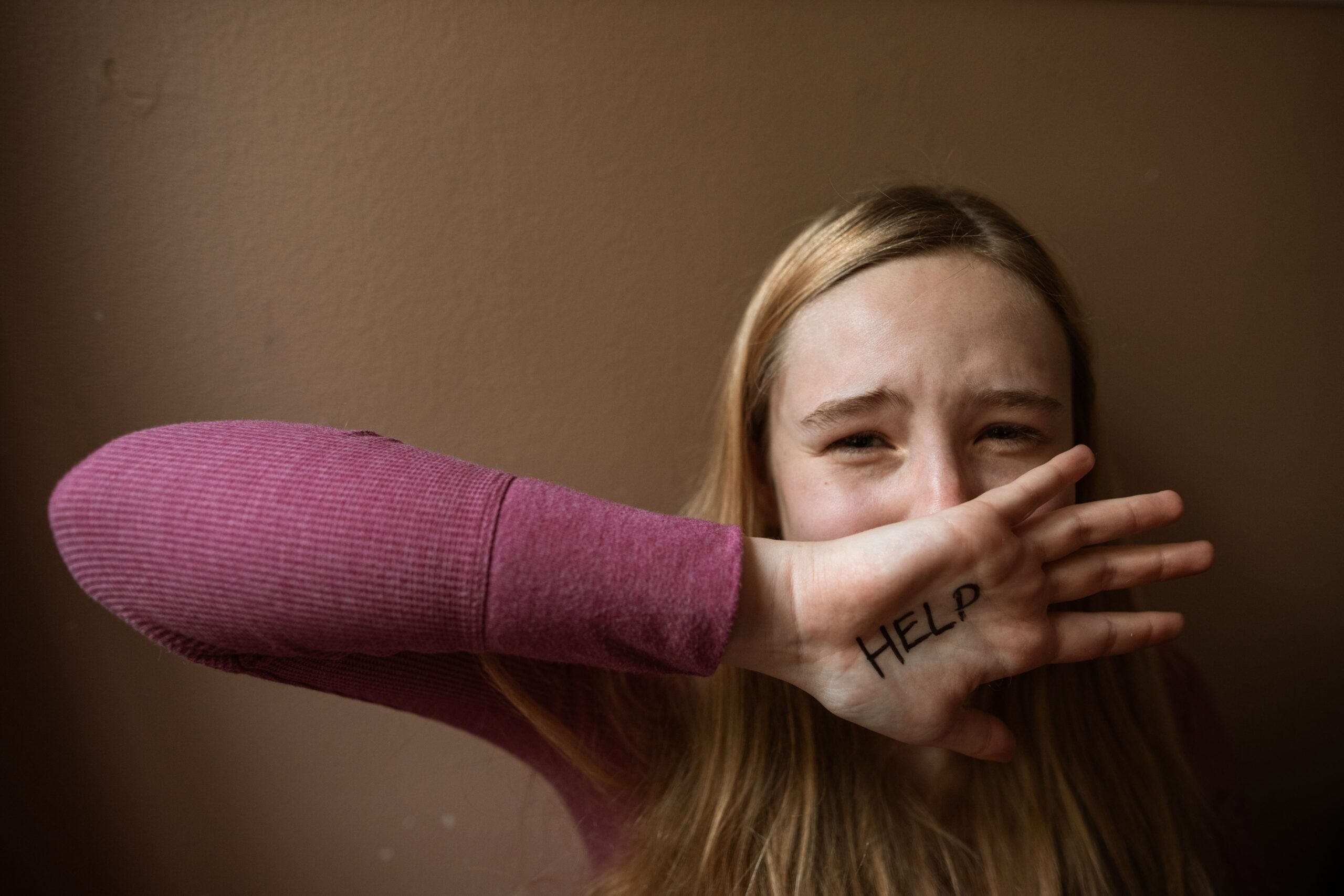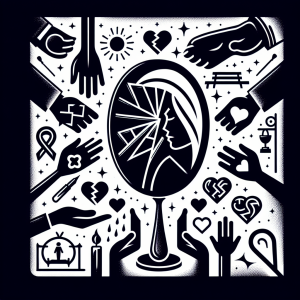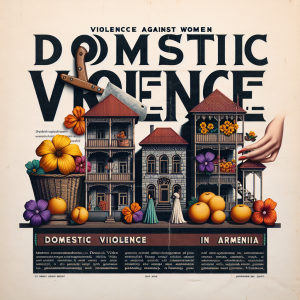Title: The Untold Stories: Domestic Violence’s Impact on Mental Health
Introduction:
Domestic violence remains a significant issue that affects individuals and families around the globe. While the physical harm caused by this type of abuse is well-documented, the profound impact on one’s mental health often goes overlooked. In this article, we will explore the untold stories of domestic violence, focusing on its hidden consequences on mental well-being. Furthermore, we will delve into frequently asked questions and provide guidance for survivors and those seeking to support them.
Section 1: Understanding Domestic Violence
Domestic violence encompasses a range of abusive behaviors, including physical, emotional, psychological, sexual, and economic exploitation, committed by an intimate partner or family member. Survivors of domestic violence often endure repeated attacks, leaving deep scars that extend beyond physical injuries.
Section 2: The Emotional Toll of Domestic Violence
2.1. Post-Traumatic Stress Disorder (PTSD): Domestic violence survivors frequently develop PTSD, experiencing flashbacks, nightmares, and severe anxiety as a result of their traumatic experiences.
2.2. Depression and Anxiety: The constant emotional strain from domestic violence can lead to the development or exacerbation of depression and anxiety disorders. Survivors may feel intense sadness, hopelessness, fear, and difficulty coping with daily tasks.
2.3. Substance Abuse: To cope with the overwhelming feelings that stem from abuse, victims may turn to substance abuse as a temporary escape. This unhealthy coping mechanism only intensifies mental health challenges.
2.4. Self-esteem and Body Image: Being subjected to constant criticism, humiliation, and degradation can severely impact one’s self-esteem and body image. Survivors may develop negative self-perception, shame, and guilt.
Section 3: The Psychological Impact of Domestic Violence
3.1. Complex Trauma: Survivors often experience complex trauma, resulting in difficulties with emotional regulation, dissociation, and disturbances in relationships and self-identity.
3.2. Learned Helplessness: Prolonged exposure to domestic violence strips victims of their sense of control, leaving them feeling helpless and unable to make choices for themselves. Learned helplessness can hinder recovery and reintegration.
3.3. Intergenerational Transmission: Children exposed to domestic violence are at increased risk of developing mental health issues due to intergenerational transmission. Witnessing violence can lead to anxiety disorders, behavioral problems, and a perpetuation of the cycle of abuse.
Section 4: Seeking Help and Support
4.1. Recognizing the Signs: Identifying the signs of domestic violence and its impact on mental health is crucial. Unexplained injuries, withdrawal from social activities, changes in behavior, and expressions of fear may indicate a need for intervention.
4.2. Reaching Out: Encouraging survivors to seek help from trusted individuals, support groups, and professional resources such as therapists and counselors is paramount. Establishing a safe environment without judgment is essential.
4.3. Developing Coping Mechanisms: Survivors can benefit from developing healthy coping strategies, such as mindfulness, exercising, artistic expression, and journaling, to manage the emotional aftermath of abuse.
FAQs:
Q1. How can I determine if someone is experiencing domestic violence?
A1. Look for physical signs like unexplained injuries, changes in behavior, and expressions of fear. Open communication and offering support can encourage survivors to share their experiences.
Q2. How long does it take to recover from the psychological impact of domestic violence?
A2. Every survivor’s journey to recovery is unique. It often takes time and support, with therapy and other resources improving mental well-being gradually.
Q3. Can domestic violence impact children’s mental health?
A3. Absolutely. Witnessing domestic violence can lead to anxiety, depression, and behavioral issues in children. Interventions aimed at protecting children and providing them with support are crucial.
Q4. Can therapy help survivors of domestic violence?
A4. Yes, therapy can be an instrumental tool in helping survivors navigate the psychological impact of domestic violence. Therapists can assist in developing healthy coping mechanisms, addressing trauma, and rebuilding self-worth.
Conclusion:
Understanding the hidden consequences of domestic violence on mental health is crucial to providing effective support and intervention for survivors. By acknowledging and addressing the psychological impact of abuse, we can work towards breaking the cycle of violence and promoting healing and recovery. Supporting survivors and spreading awareness will contribute to a society that prioritizes mental well-being and empowers those affected by domestic violence.
Word Count: 737





















